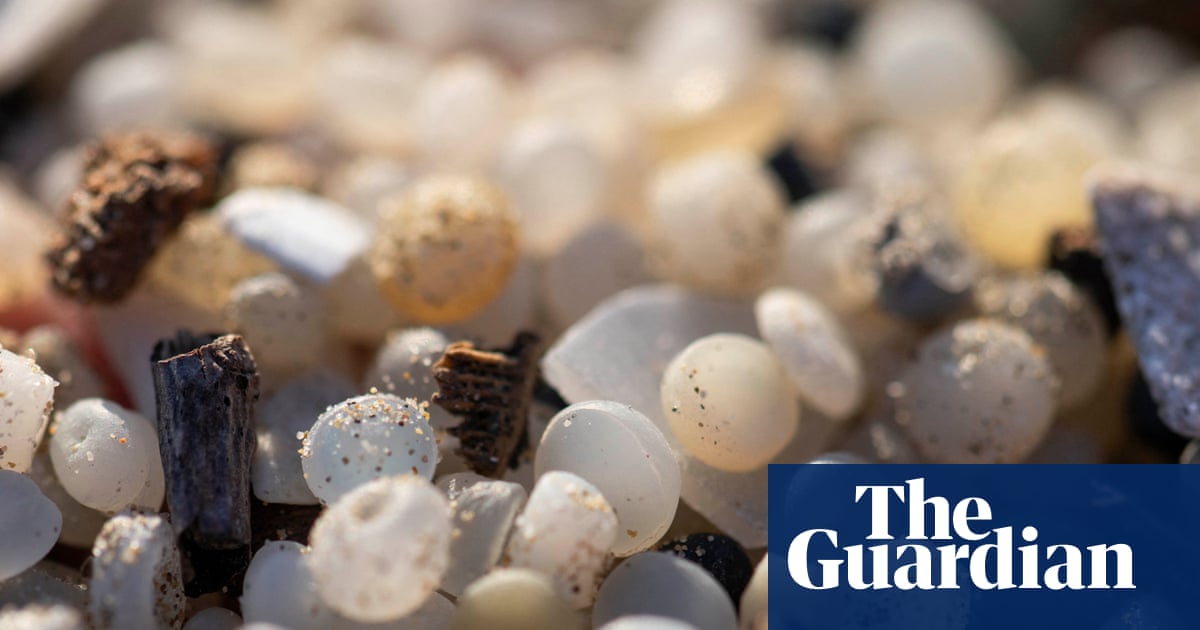
"Plastic nurdles have been found in 84% of important nature sites surveyed in the UK. Nurdles are tiny pellets that the plastics industry uses to make larger products. They were found in 168 of 195 sites of special scientific interest (SSSIs), so named because of the rare wildlife they harbour. They are given extra protections in an effort to protect them from pollution."
"The environmental charity Fidra, however, has been running nurdle hunts at SSSIs across the UK since 2013, and found pellets in 84% of them. It also found nurdles in six national parks: Loch Lomond & the Trossachs, North York Moors, New Forest, Pembrokeshire Coast, Eryri (Snowdonia), and South Downs. They are produced at sites around the UK, including Grangemouth in Scotland, and transported by land and sea to be melted down to make almost all of our plastic products."
"The worst-affected areas include the River Itchen in Southampton, including the Chessel Bay nature reserve, and the Firth of Forth in Scotland. Nurdles are dangerous for the environment because they are made of plastic and can contain toxic chemicals. Because they are small, animals can mistake them for food and are poisoned by them. They also break down to become microplastics, which enter the human food chain and are dangerous for human health as well as wildlife."
Plastic nurdles have been found in 84% of surveyed UK Sites of Special Scientific Interest (168 of 195), indicating widespread contamination of protected areas. The environmental charity Fidra has found pellets across SSSIs and in six national parks. Nurdles are produced at sites around the UK and are transported by land and sea, where they are lost through supply-chain mismanagement and accidental spills. An estimated 53 billion nurdles could be lost into the UK environment each year, with hotspots like the River Itchen and the Firth of Forth. Nurdles contain plastic and toxic chemicals, are mistaken for food by animals, poison wildlife, break down into microplastics, and can enter the human food chain.
Read at www.theguardian.com
Unable to calculate read time
Collection
[
|
...
]